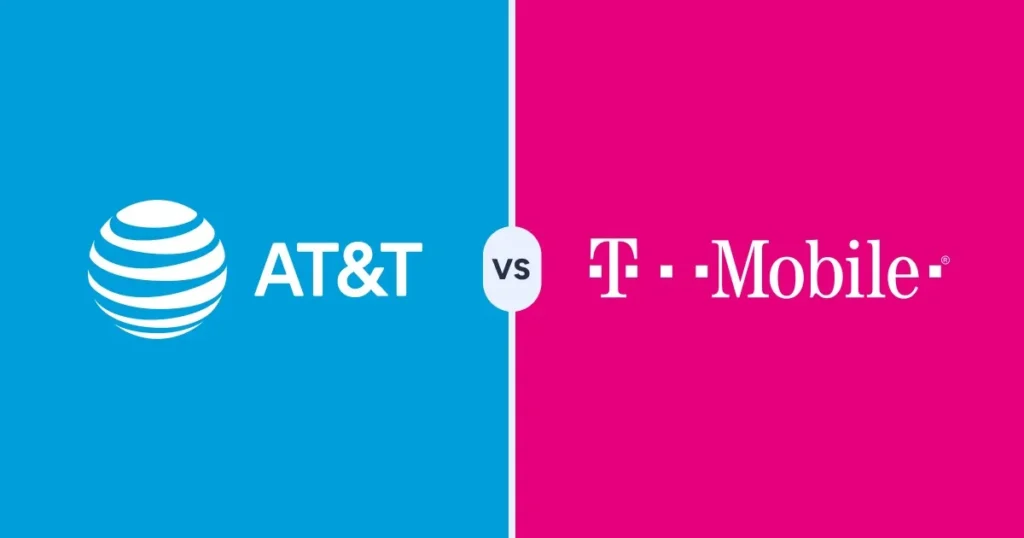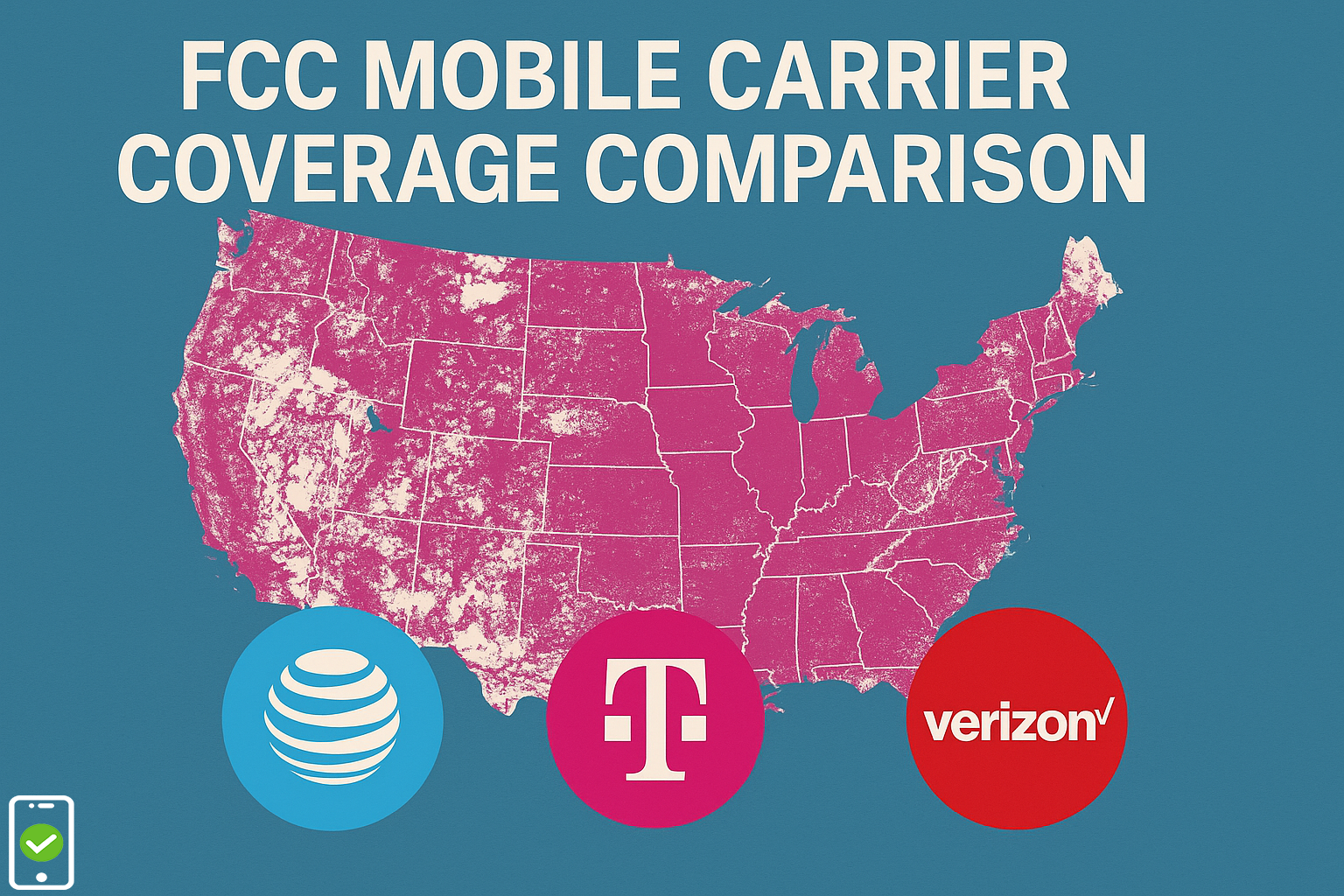In an era where automation is key to scaling business operations, having an effective communication system in place is more critical than ever. Interactive Voice Response (IVR) is a technology that has rapidly gained popularity amongst businesses of all sizes, primarily for its efficiency and cost-saving features. But why is IVR so essential, and how can it help elevate customer engagement? Let’s delve into this topic.
What is Interactive Voice Response (IVR)?
Interactive Voice Response (IVR) is a telephony technology that allows computers to interact with humans through voice and touch-tone keypad inputs. Essentially, IVR systems enable customers to navigate through menu options, get answers to frequently asked questions, or direct their call to the appropriate department – all without requiring direct human intervention.
Elevating Customer Engagement with IVR
The value of IVR lies in its ability to enhance the customer engagement experience. Here’s how:
1. 24/7 Availability: IVR systems provide round-the-clock service, allowing customers to engage with your business at any time, on their terms. This consistent availability improves customer satisfaction and engagement.
2. Efficient Call Routing: IVR systems effectively route calls based on the customer’s needs, ensuring they are directed to the appropriate department or representative. This saves both the customer’s and the agent’s time and leads to a more satisfying engagement experience.
3. Personalization: Modern IVR systems can be personalized to provide a unique customer experience. They can greet customers by their name and offer personalized menu options based on the customer’s previous interactions.
4. Self-Service Options: Many customers prefer solving their issues independently rather than speaking to a representative. IVR systems offer self-service options where customers can find information or perform tasks like booking appointments or making payments.
5. Cost-Effective: By handling routine inquiries and tasks, IVR systems reduce the workload on live agents, allowing them to focus on more complex customer engagements. This not only improves operational efficiency but also significantly reduces costs.
In conclusion, the role of IVR in shaping customer engagement cannot be overstated. By providing round-the-clock service, efficient call routing, personalization, and self-service options, IVR systems can significantly enhance customer engagement and satisfaction.



